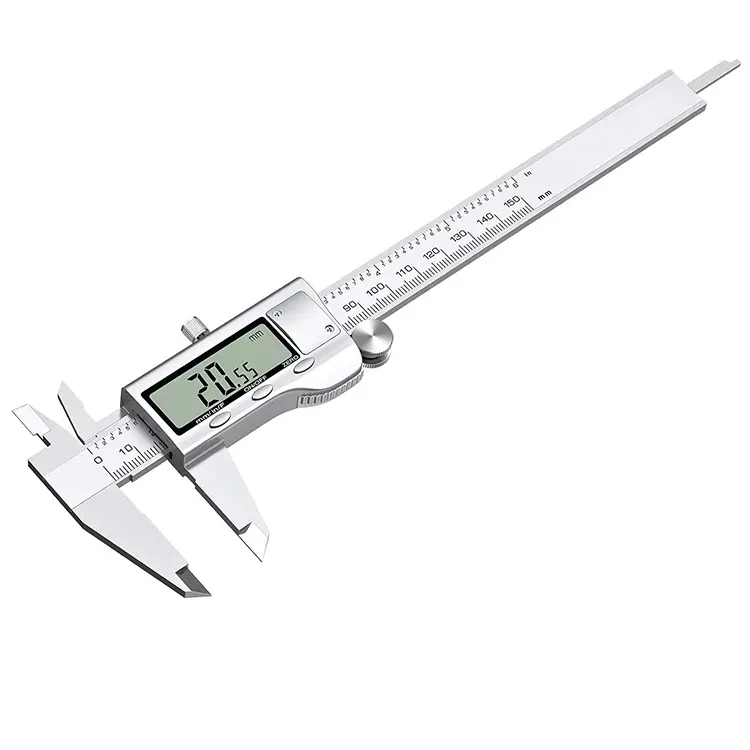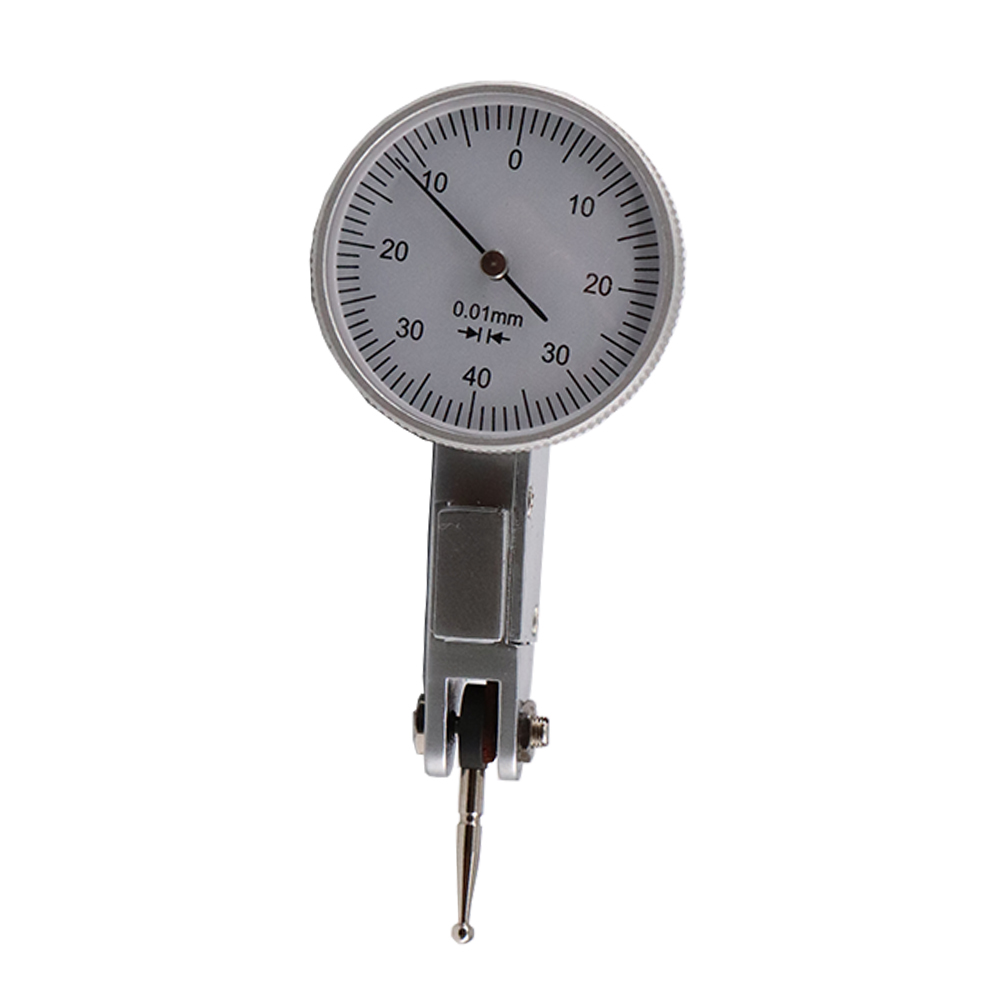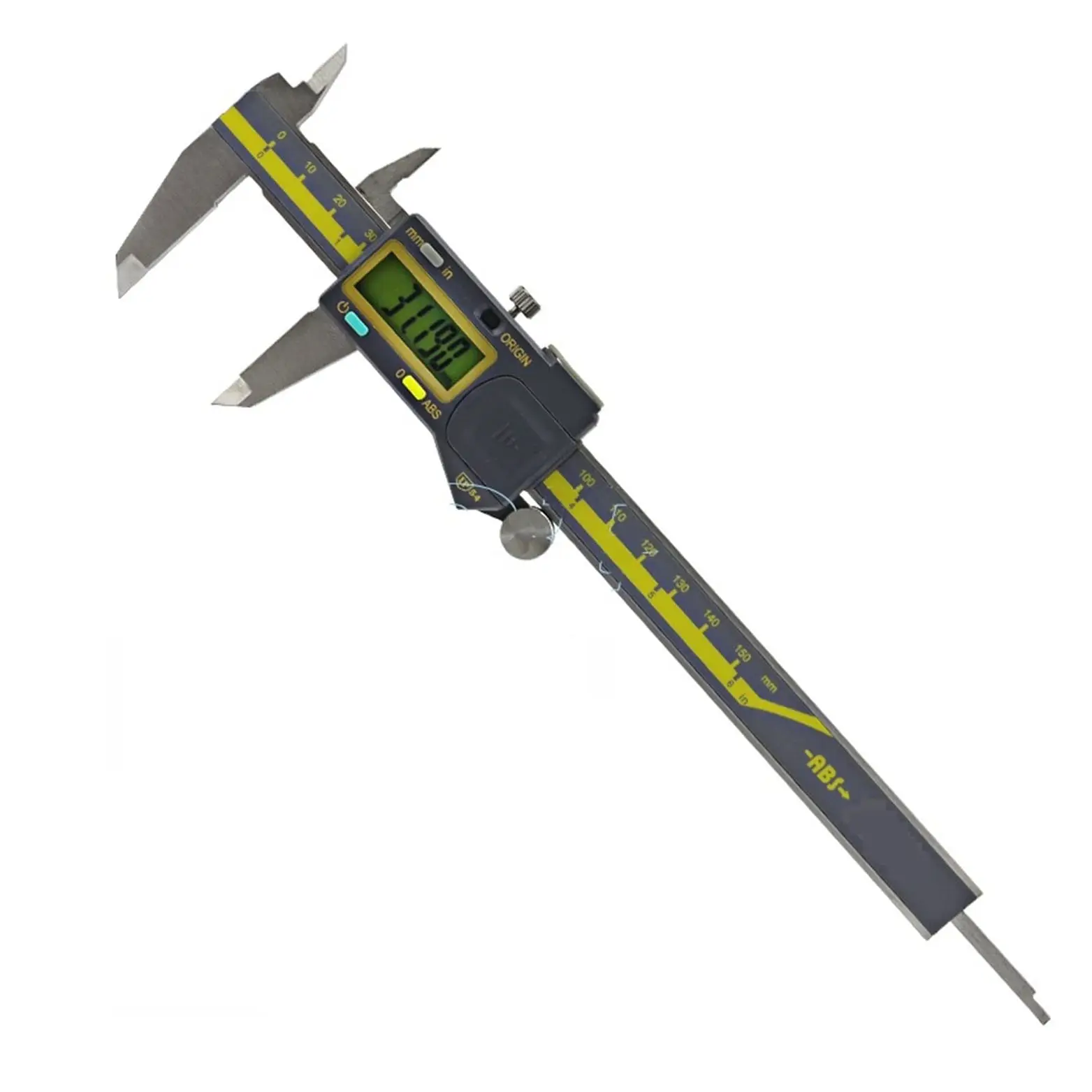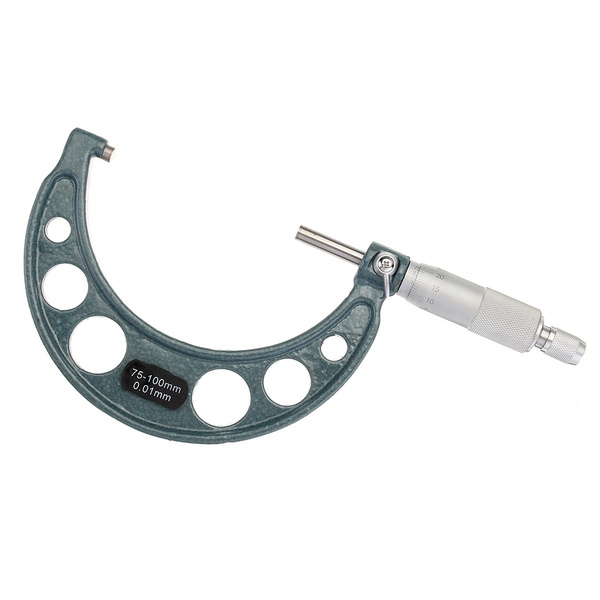thread milling insert Supplier
Looking for a reliable thread milling insert supplier? This guide provides insights into selecting the right supplier for your needs, covering key considerations like material quality, insert types, coating options, and cost-effectiveness. Learn how to evaluate suppliers, understand technical specifications, and ensure optimal performance for your thread milling operations.
Understanding Thread Milling Inserts
Thread milling is a versatile machining process that uses a rotating cutter to create threads in a workpiece. Thread milling inserts are the heart of this process, responsible for the cutting action. Choosing the right insert is crucial for achieving accurate threads, smooth finishes, and long tool life.
Types of Thread Milling Inserts
Several types of thread milling inserts cater to different applications. Here's a breakdown:
- Indexable Inserts: These are the most common type, offering multiple cutting edges on a single insert. When one edge becomes dull, the insert can be indexed to a fresh edge, maximizing tool life.
- Solid Carbide Inserts: Made from solid carbide, these inserts provide excellent rigidity and are ideal for demanding applications and harder materials.
- Multi-Tooth Inserts: Feature multiple teeth on a single insert, allowing for faster threading cycles.
- Single-Point Inserts: Designed for creating threads one pass at a time, offering high precision and control.
Materials and Coatings
The material and coating of a thread milling insert significantly impact its performance and lifespan. Common materials include:
- Carbide: Offers a good balance of hardness and toughness, suitable for a wide range of materials.
- High-Speed Steel (HSS): Less expensive than carbide but not as durable, best suited for softer materials.
- Cermet: A composite material that combines ceramic and metallic components, providing high wear resistance and cutting speeds.
Coatings enhance the insert's properties, providing increased wear resistance, reduced friction, and improved heat resistance. Popular coatings include:
- Titanium Nitride (TiN): A general-purpose coating that improves wear resistance.
- Titanium Carbonitride (TiCN): Offers higher hardness and wear resistance than TiN.
- Aluminum Titanium Nitride (AlTiN): Provides excellent heat resistance, suitable for high-speed machining.
Key Considerations When Choosing a Thread Milling Insert Supplier
Selecting the right thread milling insert supplier is crucial for ensuring the quality, reliability, and cost-effectiveness of your threading operations. Here are some key factors to consider:
Product Quality and Consistency
The quality of the inserts directly impacts the accuracy and efficiency of your threading process. Look for suppliers who offer inserts made from high-quality materials and manufactured to precise tolerances. Consistency in product quality is also essential to avoid variations in performance.
Range of Products
A good thread milling insert supplier should offer a wide range of inserts to suit various threading applications, materials, and machine types. This includes different sizes, shapes, grades, and coatings.
Technical Expertise and Support
Choose a supplier who can provide technical expertise and support to help you select the right inserts for your specific needs. This includes offering advice on cutting parameters, troubleshooting problems, and providing training on best practices.
Pricing and Availability
Consider the pricing of the inserts and the supplier's ability to provide them in a timely manner. Compare prices from different suppliers and factor in shipping costs and lead times. It is essential to evaluate the supplier's stock levels and delivery capabilities.
Reputation and Reliability
Check the supplier's reputation and reliability by reading customer reviews and testimonials. Look for suppliers who have a proven track record of delivering high-quality products and excellent customer service. Wayleading Tools is dedicated to providing top-notch quality and service.
Evaluating Potential Thread Milling Insert Suppliers
Once you have identified potential thread milling insert suppliers, it's important to evaluate them carefully. Here are some steps you can take:
Request Samples
Ask the supplier to provide samples of their thread milling inserts for testing. This allows you to evaluate the insert's performance in your specific application and compare it to other options.
Review Technical Specifications
Carefully review the technical specifications of the inserts, including material composition, coating type, and dimensional tolerances. Ensure that the specifications meet your requirements.
Check Certifications
Look for suppliers who have relevant certifications, such as ISO 9001, which demonstrates their commitment to quality management. These certifications can provide assurance of the supplier's reliability and product quality.
Customer Testimonials
Read customer testimonials and reviews to get a sense of the supplier's reputation and customer service. Pay attention to both positive and negative feedback.
On-Site Visit (if possible)
If possible, visit the supplier's facility to assess their manufacturing processes and quality control procedures. This can provide valuable insights into their capabilities and commitment to quality.
Cost Considerations
While price is an important factor, it's important to consider the total cost of ownership when selecting thread milling inserts. This includes the initial cost of the inserts, as well as the cost of downtime, rework, and replacement. Higher-quality inserts may have a higher initial cost, but they can provide significant cost savings in the long run due to their longer lifespan and improved performance.
| Insert Type | Material | Coating | Approximate Cost (USD) | Estimated Tool Life (Threads) |
|---|---|---|---|---|
| Indexable | Carbide | TiN | $15 | 500 |
| Solid Carbide | Carbide | AlTiN | $30 | 1200 |
| Multi-Tooth | Cermet | Uncoated | $25 | 800 |
Maintenance and Storage
Proper maintenance and storage of thread milling inserts can extend their lifespan and ensure optimal performance. Here are some tips:
- Clean the inserts regularly to remove chips and debris.
- Store the inserts in a dry and clean environment.
- Use appropriate cutting fluids to reduce friction and heat.
- Inspect the inserts regularly for wear and damage.
- Replace worn or damaged inserts promptly.
Conclusion
Finding the right thread milling insert supplier involves careful consideration of product quality, range of products, technical expertise, pricing, and reputation. By following the guidelines in this guide, you can make an informed decision and ensure that you select a supplier who can meet your specific needs and help you achieve optimal threading performance. Contact Wayleading Tools today to discuss your needs.
Disclaimer: This information is for general guidance only. Always consult with a qualified professional for specific advice.
Related products
Related products
Best selling products
Best selling products-
 Precision V Block Set With High Quality Type
Precision V Block Set With High Quality Type -
 Precision Monoblock Fine-Adjustment Vernier Caliper Of Metric & Imperial For Industrial
Precision Monoblock Fine-Adjustment Vernier Caliper Of Metric & Imperial For Industrial -
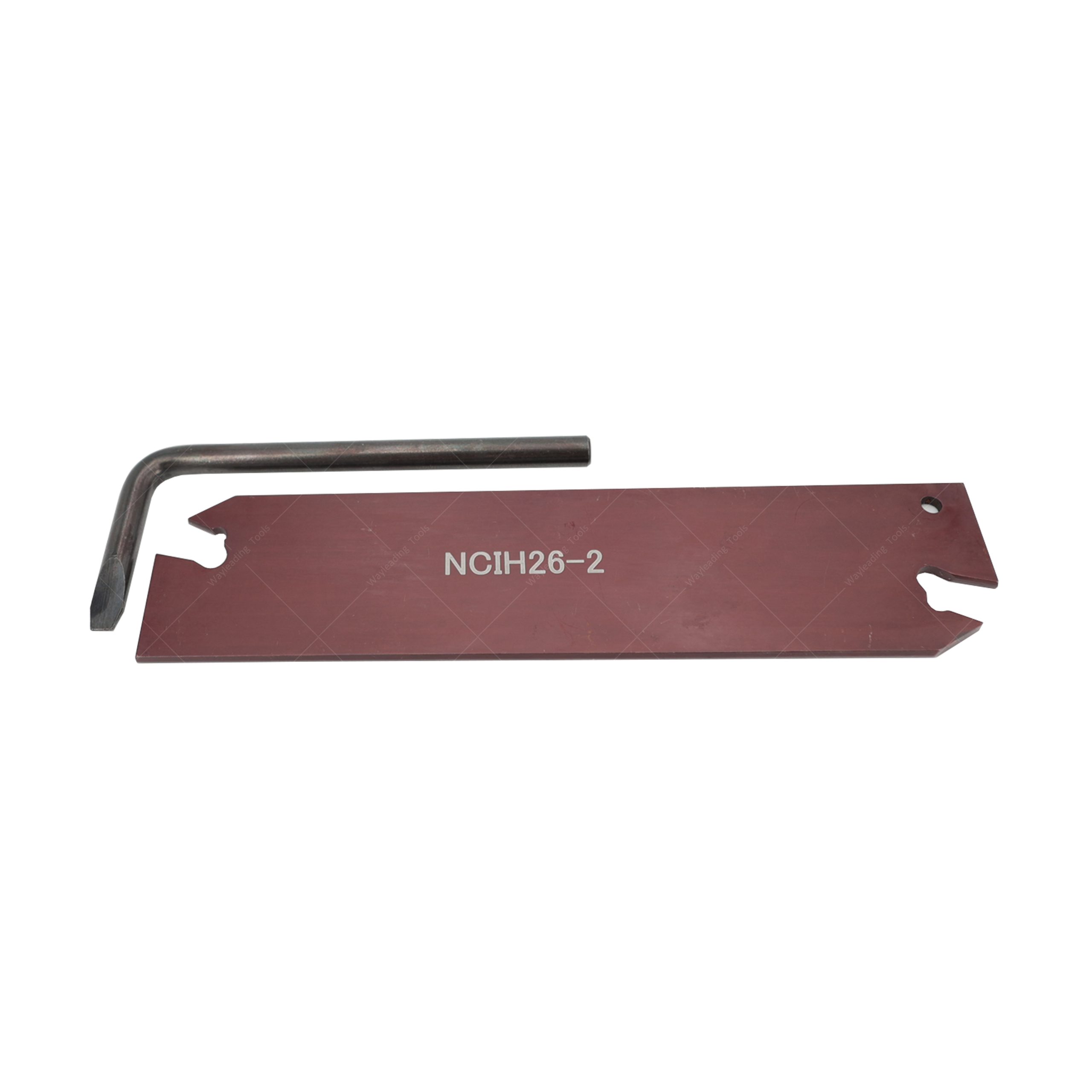 Parting & Grooving Tool Blades For GTN Blades
Parting & Grooving Tool Blades For GTN Blades -
 Type E Oval Tungsten Carbide Rotary Burr
Type E Oval Tungsten Carbide Rotary Burr -
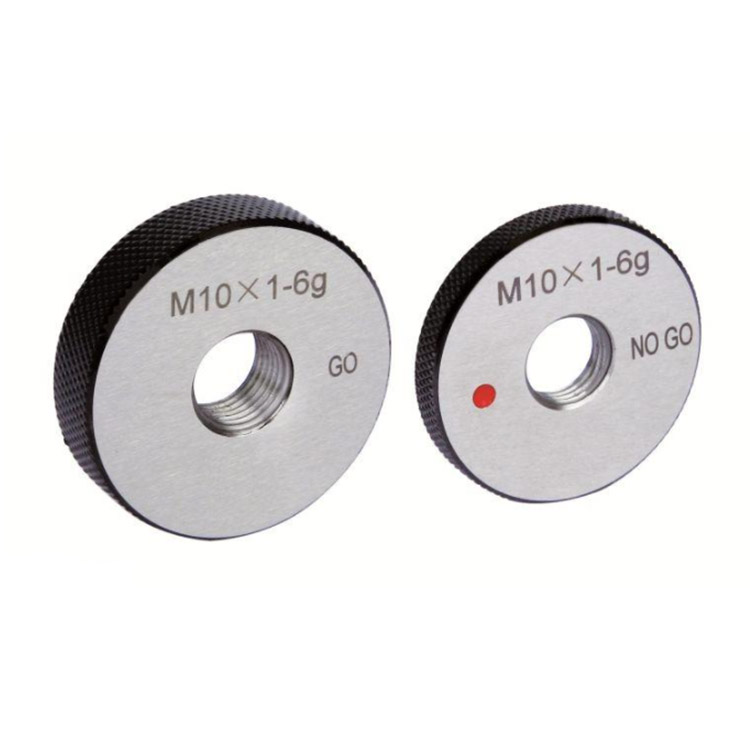 Metric Thread Ring Gauge 6g Accuracy With Go & NO Go
Metric Thread Ring Gauge 6g Accuracy With Go & NO Go -
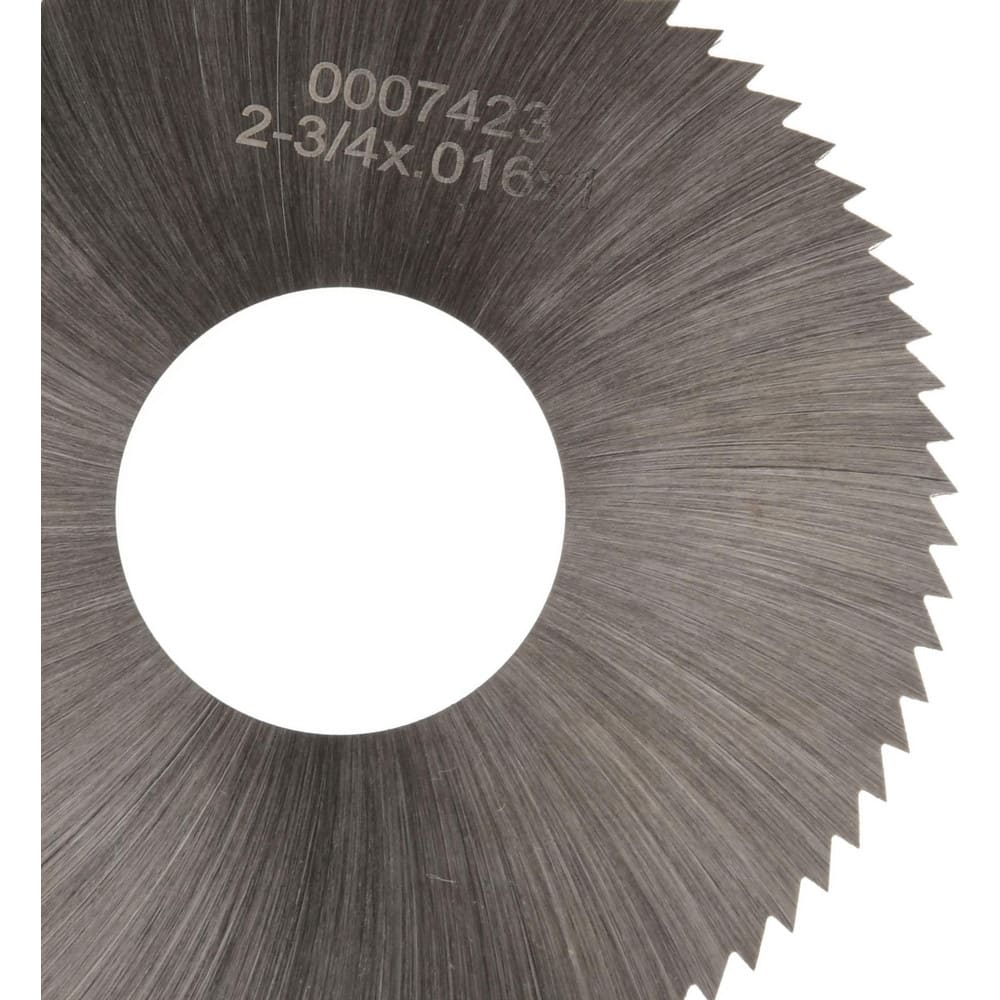 HSS Inch Plain Metal Slitting Saws For Industrial
HSS Inch Plain Metal Slitting Saws For Industrial -
 HSS Metric 4 Flute End Mills With Bright Or TiN And TiAlN Coated
HSS Metric 4 Flute End Mills With Bright Or TiN And TiAlN Coated -
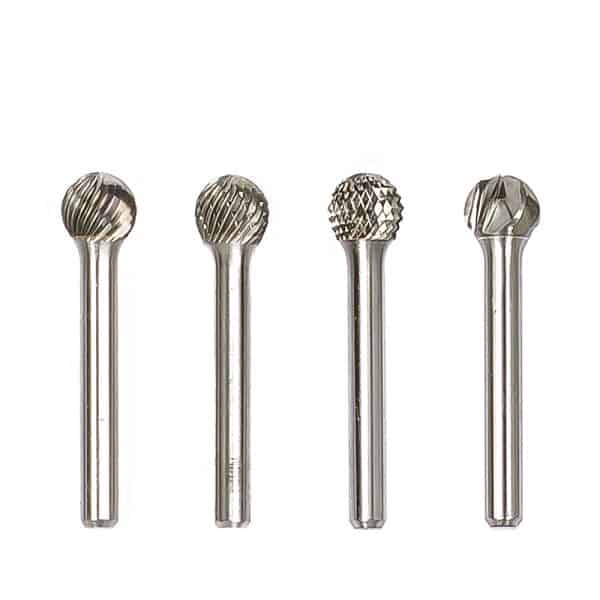 Type D Ball Tungsten Carbide Rotary Burr
Type D Ball Tungsten Carbide Rotary Burr -
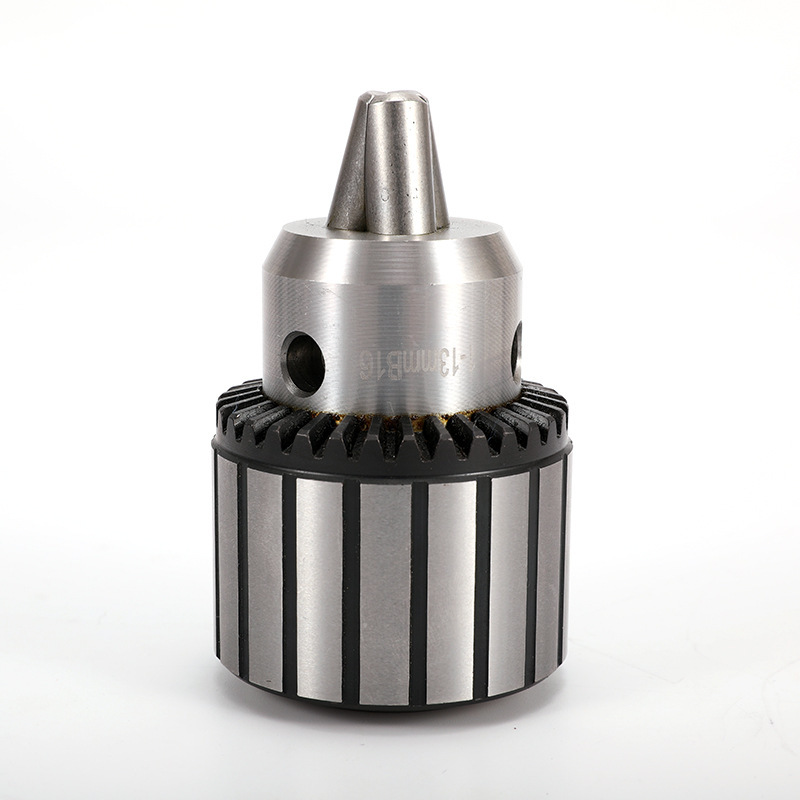 Key Type Drill Chuck With Heavy Duty Type
Key Type Drill Chuck With Heavy Duty Type -
 HSS Keyway Broach With Metric And Inch Size, Push Type
HSS Keyway Broach With Metric And Inch Size, Push Type -
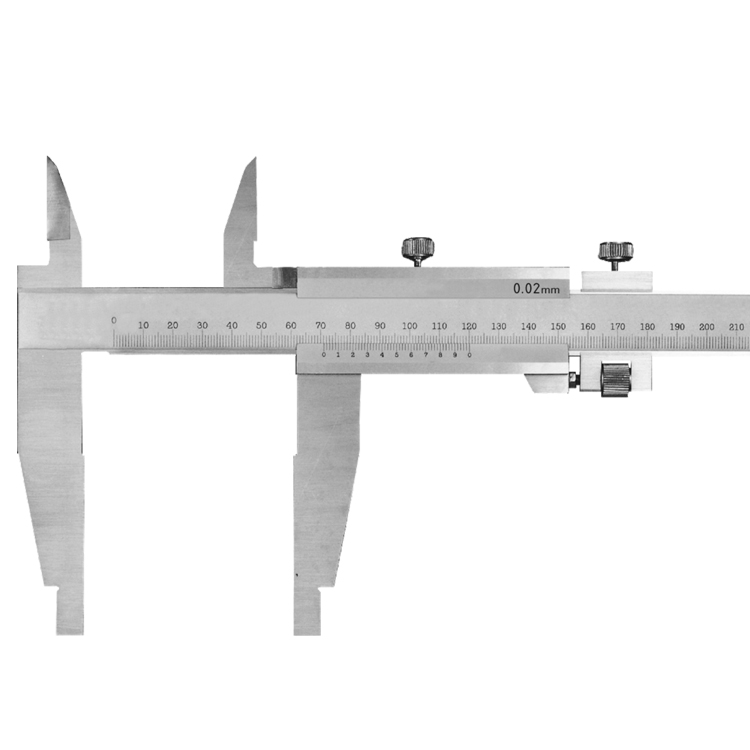 Precision Monoblock Vernier Caliper With Nib Style & Standard Style Jaws Of Metric & Imperial For Industrial
Precision Monoblock Vernier Caliper With Nib Style & Standard Style Jaws Of Metric & Imperial For Industrial -
 Precision 2pcs Angle Blocks Set With High Quality Type
Precision 2pcs Angle Blocks Set With High Quality Type

